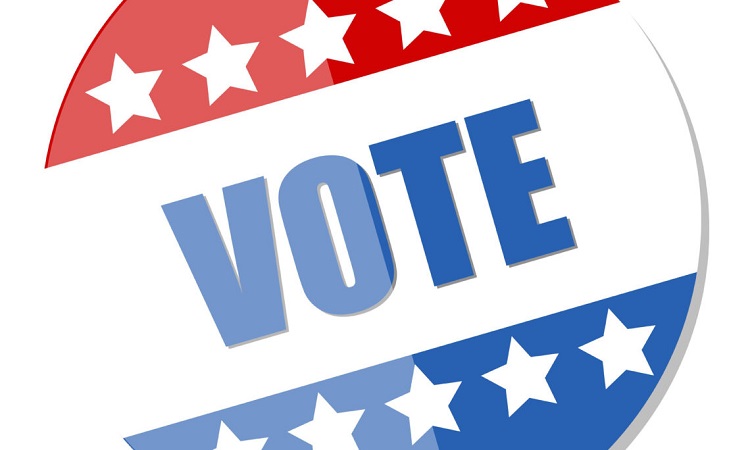The Importance of Voting in the Midterm Elections
November 4, 2022
During this year’s midterms (which means election years when we are not voting for the president), the entirety of the House of Representatives and 1/3 of the Senate are up for election. Winners of the midterms are chosen by popular vote rather than the electoral college that determines the president. In the Senate, there are 34 seats on the line, and in the House of Representatives, there are 435 seats to elect.
When the Founding Fathers decided how our government would work, they split it into three branches: the executive (the president), the judicial (the Supreme Court), and the legislative (the House of Representatives and the Senate) branches. As the Constitution states, the legislative body is the only one with authority to create laws. These elections are important because they decide where the power of Congress goes. The political body that forms the majority of Congress is what will pass legislation for the next two years, which is why voting to choose who will be in Congress is so important.
The midterms also play an essential role in the checks and balances of the government. If the president and the Congress are of the same party, then many laws influenced by the majority party will be passed by legislation. However, if the president and the Congress are different parties, then only a few laws will go through the last two years of the president’s term. It is critical to vote in the midterms to have a say in what party has control of the government.
Americans tend to vote for a divided government in the midterms to inhibit the power of the sitting president. A news poll states, “Biden is largely unpopular, with 53 percent of Americans disapproving of the job he’s doing. And 51 percent of independent voters say they want Republicans in charge of Congress next year to act as a check on Biden.” This means there is a good chance that the next two years will consist of a Democratic executive branch and a Republican legislative branch.
Some of the most pressing issues this election are those concerning gun rights, the reversal of Roe v. Wade (the Supreme Court case that prevented individual states from outlawing abortion services), and the poor economy, which includes rising gas prices, inflation, and higher interest rates for families who want to buy a home.
The midterm elections always have less voter turnout than the presidential election, but recently the number of voters has been rising, especially among younger voters. With an election this close and an ever-so-divided country, every citizen must vote in the midterms to protect whatever rights they support. No matter what party someone has joined or what their beliefs may be, it is Americans’ duty to vote even in the midterms.

